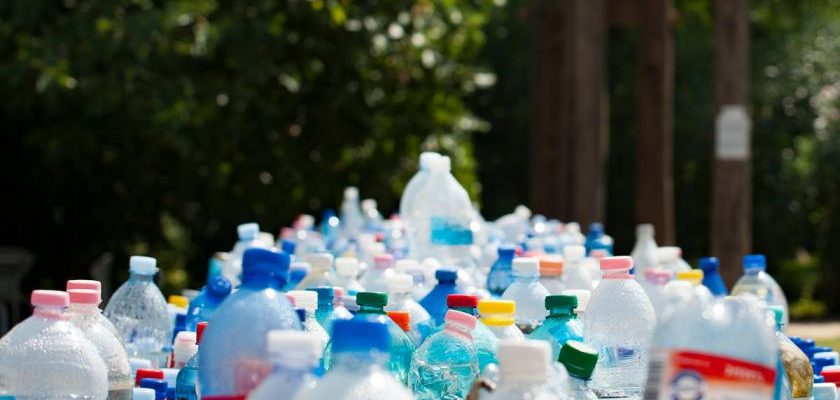Plastics have become an integral part of our modern world, but their environmental impact has raised concerns. With the growing awareness of the need for sustainable practices, the push for more environmentally friendly materials has intensified. One solution gaining traction is the production of plastics entirely from recycled materials. But can plastics truly be made solely from recycled sources?
The Potential of Recycled Plastics
Recycled plastics offer a promising solution to reduce the reliance on virgin materials, decrease waste, and minimize the carbon footprint of plastic production. By using post-consumer or post-industrial plastics as feedstock, manufacturers can divert plastic waste from landfills and oceans, closing the loop on the plastic lifecycle. This approach not only conserves resources but also reduces energy consumption and greenhouse gas emissions associated with traditional plastic production.
Challenges in Achieving 100% Recycled Plastics
While the concept of producing plastics from recycled materials is appealing, achieving 100% recycled content in plastic products poses several challenges. One major obstacle is the quality and consistency of recycled plastic feedstock. Contaminants, varying compositions, and degradation of recycled plastics can affect the performance and appearance of the final products. To overcome these challenges, stringent sorting, cleaning, and processing techniques are required to ensure the recycled plastics meet the necessary standards for use in manufacturing.
Technological Advancements Driving Progress
Advancements in recycling technologies are playing a crucial role in improving the quality and availability of recycled plastics. Innovations such as advanced sorting systems, chemical recycling processes, and mechanical recycling techniques are enhancing the purity and properties of recycled plastics, making them more suitable for a wider range of applications. These technological developments are paving the way for the increased adoption of recycled plastics in various industries, including packaging, automotive, and construction.
The Role of Collaboration and Innovation
Achieving the goal of producing plastics entirely from recycled materials requires collaboration among stakeholders across the supply chain. Government support, industry partnerships, and consumer engagement are essential to drive the demand for recycled plastics and invest in the infrastructure needed for a circular economy. Additionally, ongoing research and development efforts are essential to explore new materials, processes, and applications that can further advance the sustainability of plastic production.
A Sustainable Future for Plastics
While the journey towards producing plastics solely from recycled materials presents challenges, the momentum towards sustainable practices in the plastics industry is undeniable. With continued innovation, investment, and collaboration, the goal of creating a circular economy for plastics where waste is minimized, and resources are conserved is within reach. By embracing recycled plastics as a viable alternative, we can pave the way for a more sustainable future where plastics play a positive role in the transition to a circular economy.

